Forced perspective photography is a special type of photography technique that uses optical illusion to make an object appear farther away, closer, larger or smaller than it actually is. In other words, the perspective in photography refers to the dimension of objects and the spatial relationship between them. It also relates to the position of the human eye in relation to the objects in an image. It is used to manipulate human visual perception using scaled objects and the correlation between them and the vantage point of the spectator or camera.
If you know how to shoot a photo then you can also change something simple to something creative, abstract, or otherwise more artistic. You don’t need any special skills for taking such shots. It all depends on the environment and perfect timing and imagination.

Definition of Forced Perspective Photography
Forced perspective is a technique, which employs optical illusion to make an object appear farther away, closer, larger or smaller than it actually is. It manipulates human visual perception through the use of scaled objects and the correlation between them and the vantage point of the spectator or camera. It has uses in photography, filmmaking, and architecture. (via Wikipedia)
Perspective in photography refers to the dimension of objects and the spatial relationship between them. It also relates to the position of the human eye in relation to the objects in an image.
The farther away an object is from the human eye, the smaller it appears. It may seem even smaller if an object in the foreground looks larger, because of the relationship between those two objects.
Perspective also can affect the appearance of straight lines. Any lines in an image will appear to converge the farther away from the viewer’s eye they are or as they approach the horizon in the distance.

Image by Free-Photos from Pixabay
Tips for taking forced perspective shots
-
Plan Before taking the Shoot
Look at some of your reference photos, or search the net to pick up some ideas and scout for the best places to do them. Think about the position of your camera with respect to the position of your subjects. take some test shots to help you visualize your idea better.
-
Use a Zoom Lens
Because you’re shooting photos with perspective or false perspective, you are in need to change and adjust your framing and composition a lot. So using a zoom lens is going to make your job much easier.
-
Take advantage of lens distortion
A wide-angle lens exaggerates perspective, whereas a telephoto lens compresses it. When using a wide-angle lens, you’ll often be positioned very close to your subject. This makes foreground objects appear very large in the frame, and distant objects very small. For example, a slight movement of the camera, even one step forward, backward, left or right, can change the look and size of the objects close to you. Distant objects, however, are not affected. When taking pictures, keep in mind that subtle changes in camera angle and position can affect your image. Wide-angle lenses also exaggerate the distance between objects, making subjects at moderate and far distances seem further away than they really are.
The perspective compression of the telephoto lens makes elements look nearer to each other. Telephoto lenses are good at making the distances between far away and nearby elements look shorter. This is called the compression effect, and you can use it to reduce the sense of perspective in an image. Lens compression is essentially the phenomenon of background elements appearing larger than they actually are – hence the scene becomes “distorted” since those background elements appear closer and larger than they are in real life.
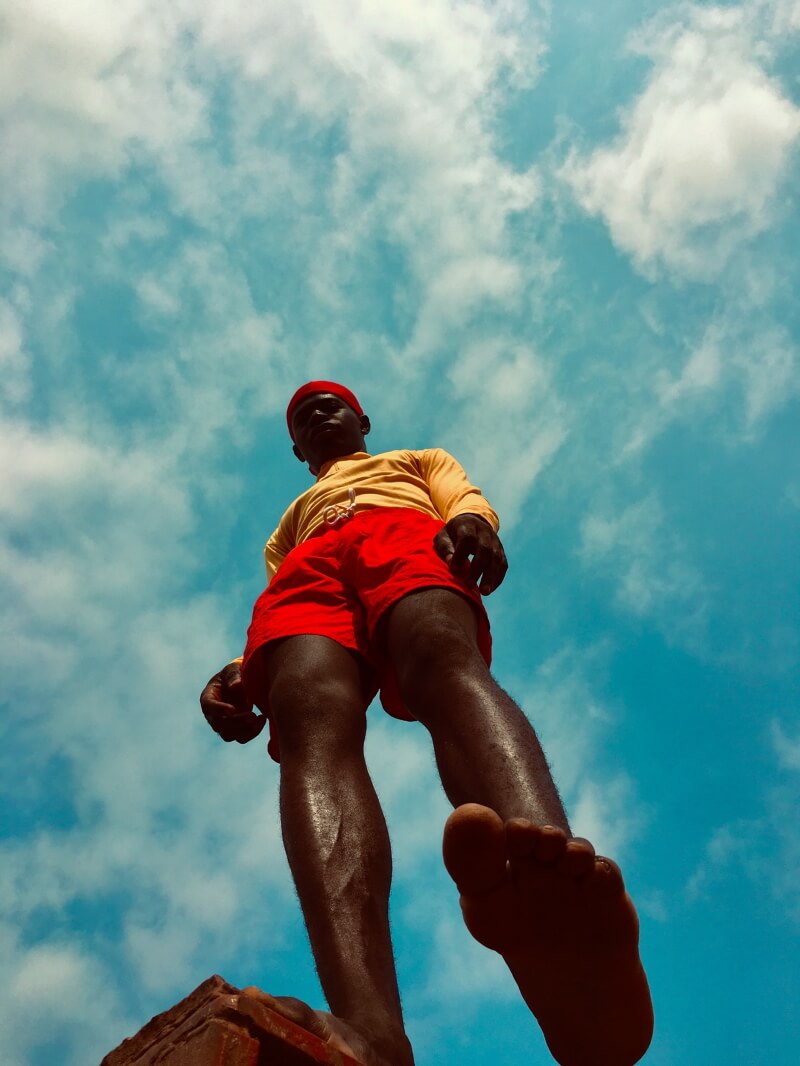
-
Set your camera right
If you want the whole scene to be in focus, meaning you need a deep depth of field. So it is apparent that you need a rather small aperture, something between f/8 to f/16, and you may set your camera to Aperture Priority.
On the other hand, if you need to blur the background, select your aperture between f/1.2 to f/2.8, instead. The narrow depth of field will guarantee you a beautiful, soft bokeh.
-
Composition and shooting angels are the Keys
The composition is the most crucial part of forced perspective photography. You need to place your subject in the exact spot. If you want something to look bigger than it is, put it in the foreground. To make it smaller, put it in the background. Also, try some basic composition rules to keep your shots balanced.
When it comes to forced perspective in photography, you’ll need to think beyond the eye-level. In fact, most forced perspective photos mean you have either to take shots with low or high angles. By photographing from a lower or higher angle, you can give the viewer a new perspective that is unlike their normal eye-level view. These different angles automatically change the relationship among the scene’s subjects and add more interest to the photograph.
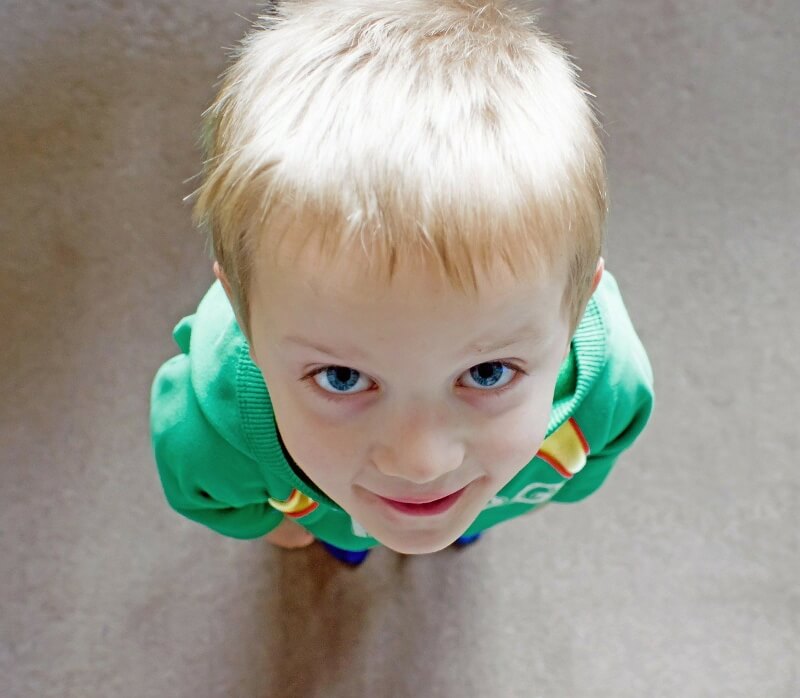
Image by PublicDomainPictures from Pixabay
Photographers can use these differences to their advantage. For instance, a landscape photograph becomes much more interesting when photographed with an object in the foreground. Although this object will look larger in a wide-angle lens, it also adds depth and scale to the image and allows the viewer to get a real sense of space within the landscape.
With a telephoto lens, the photographer can confuse the viewer by making two objects that are known to be different sizes look closer to the same size. For example, by standing a fair distance away from a two-story building and placing a person in the correct position between the camera and the building, the photographer can give the illusion that the person is as tall as the building.
Examples of forced perspective photos
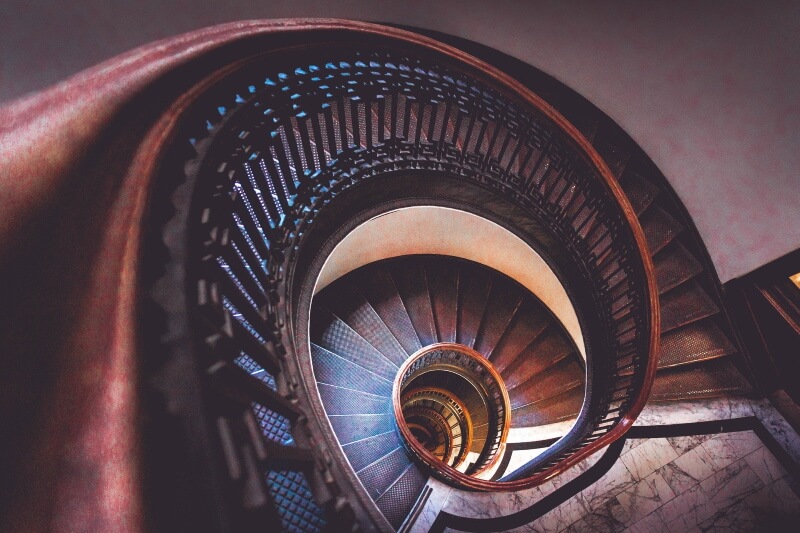
Image by Free-Photos from Pixabay
Image by edmondlafoto from Pixabay
Image by Josep Monter Martinez from Pixabay
Image by Heiko Stein from Pixabay
Image by great2gether from Pixabay
Photo by Ehab Amin
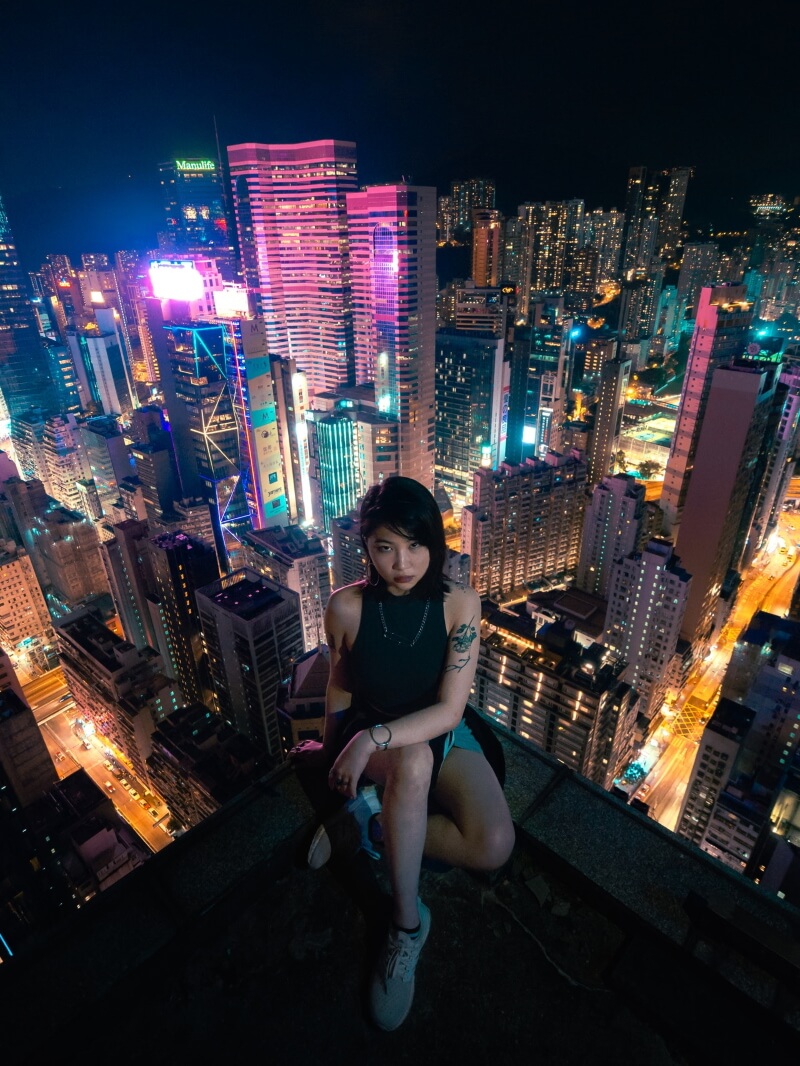
Photo by Brayden Law from Pexels
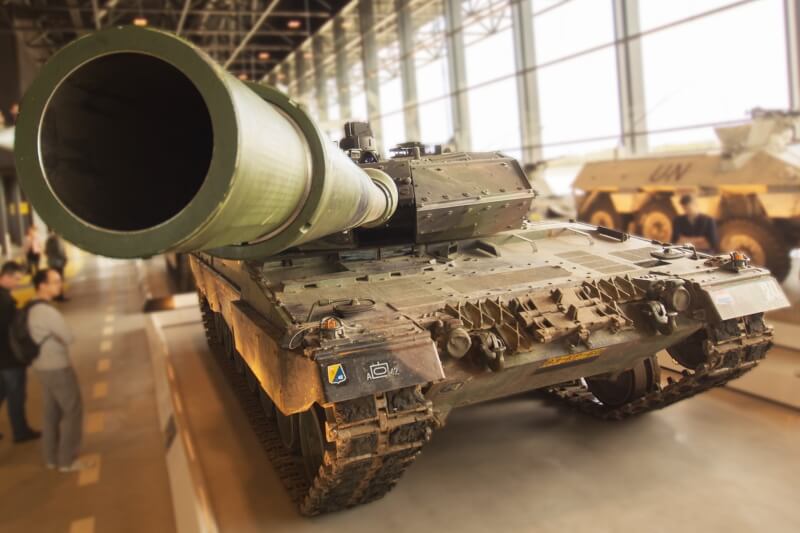
Photo by Skitterphoto from Pexels
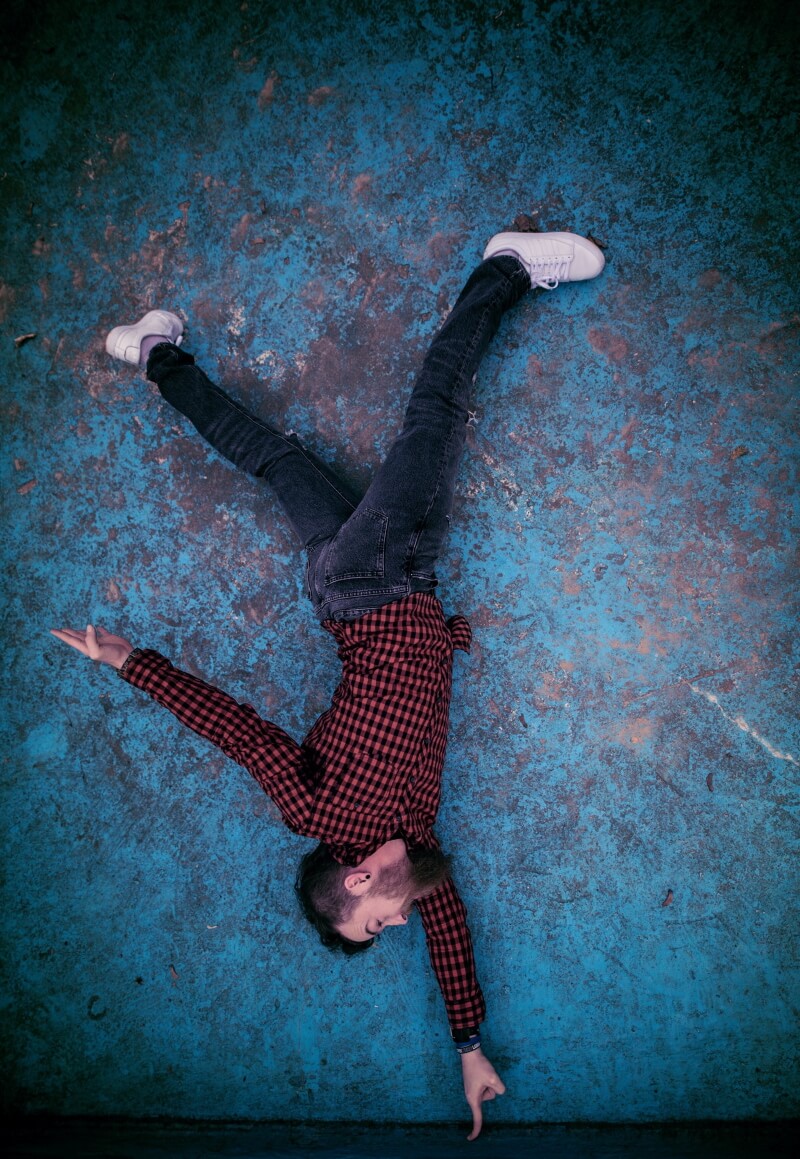
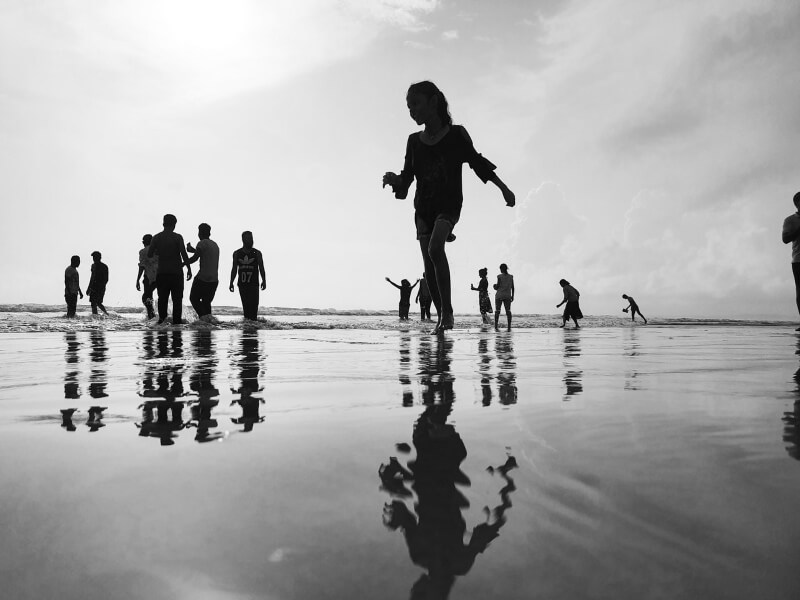
Photo by Bhavesh Jain from Pexels
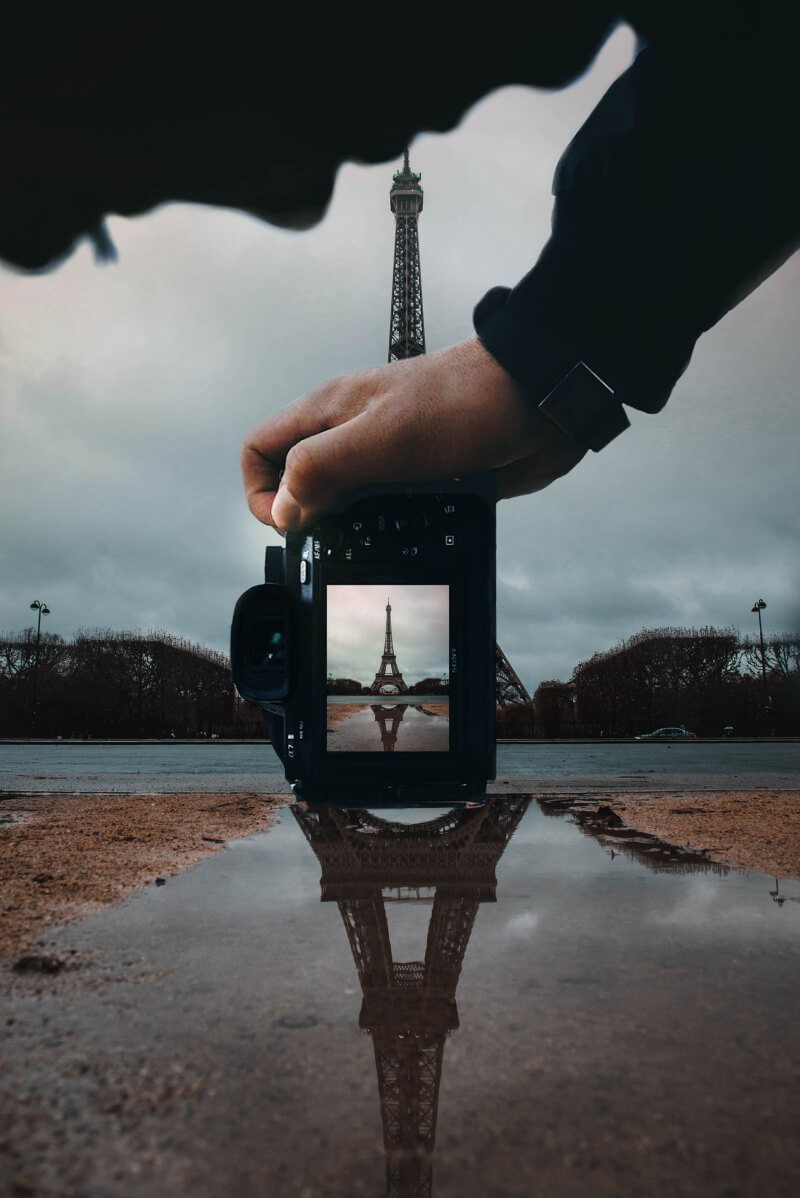
Photo by Mario Cuadros
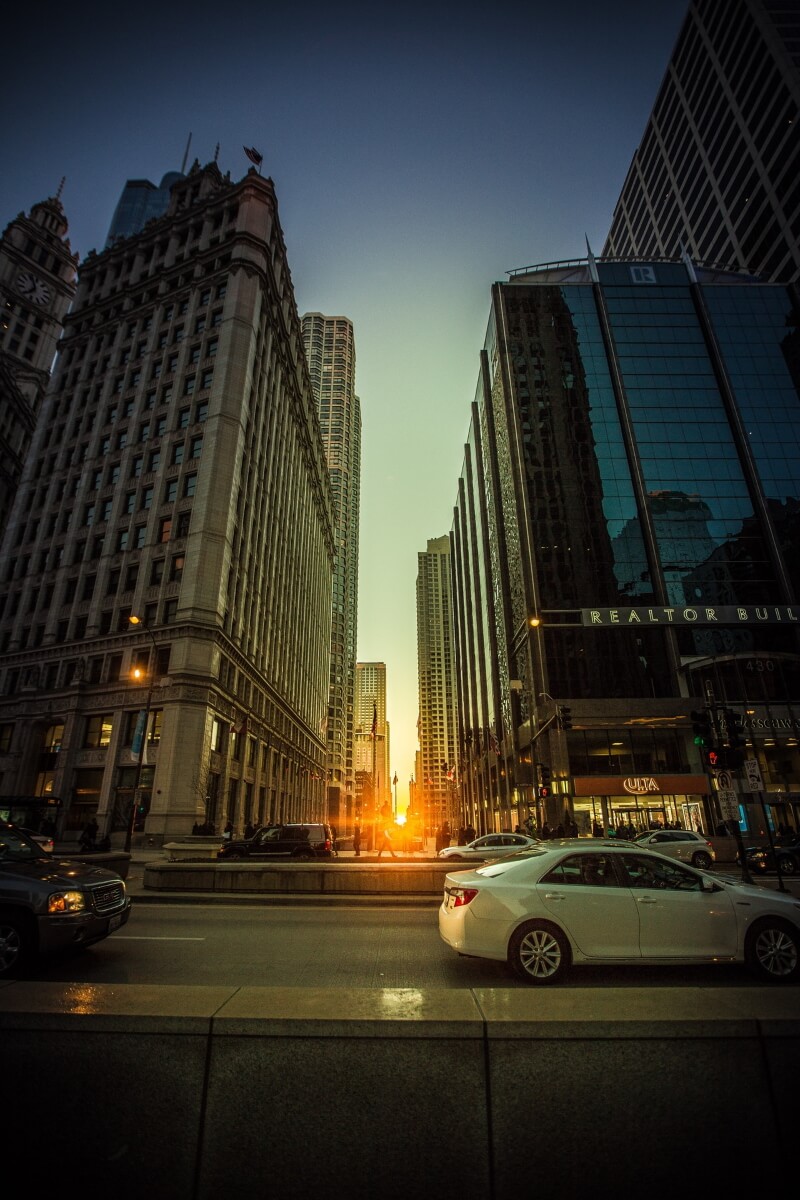
Photo by Paul Basel from Pexels

Photo by Stacey Gabrielle Koenitz Rozells from Pexels
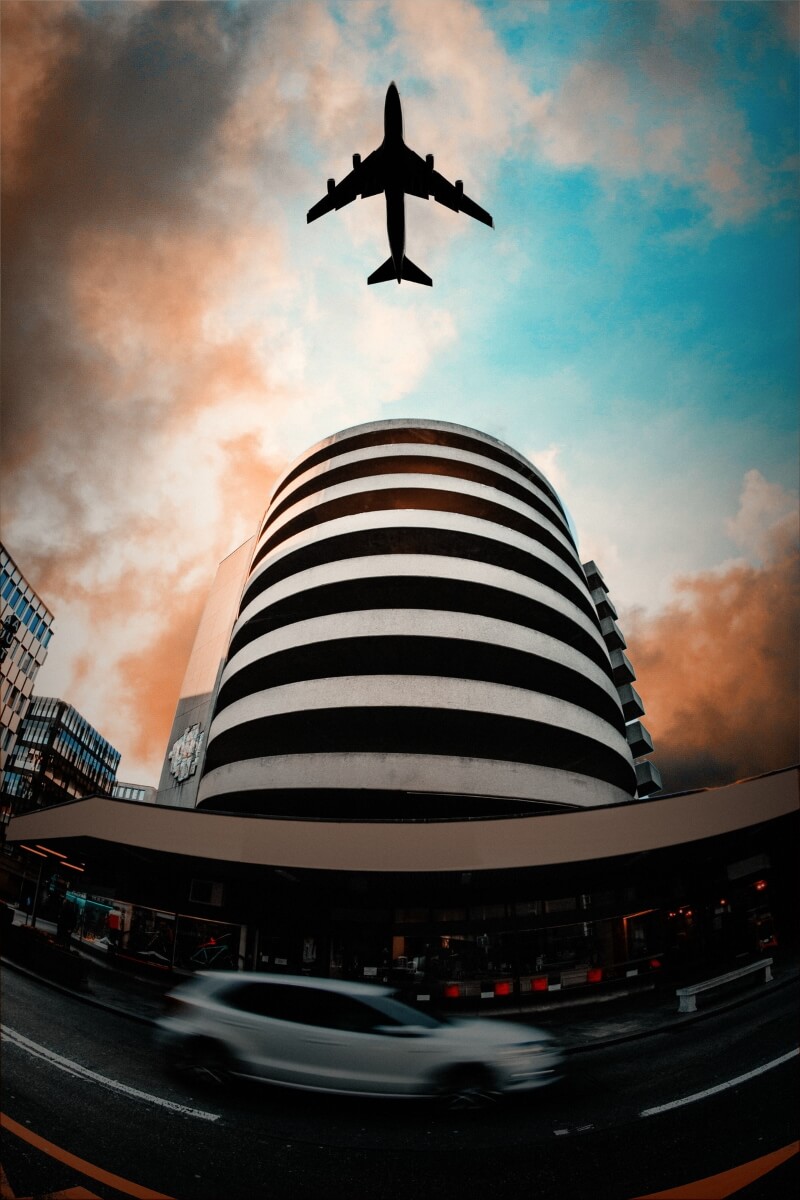
Photo by Oleg Magni from Pexels
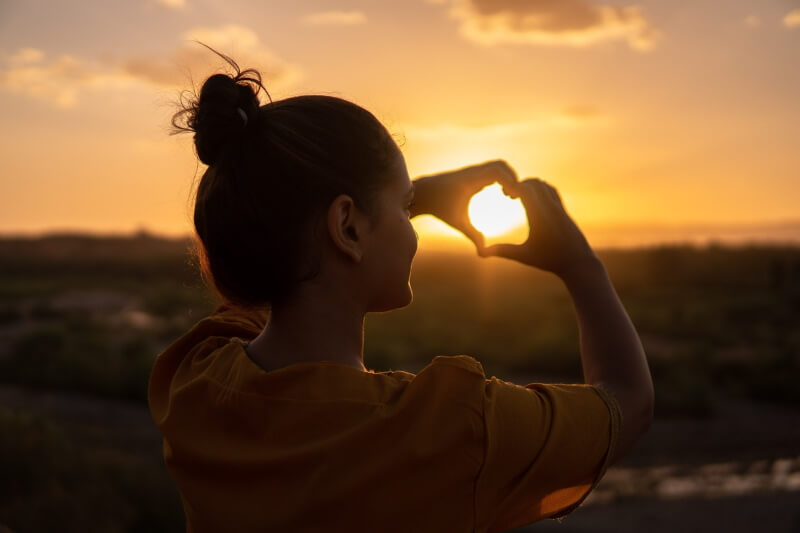
Photo by Hassan OUAJBIR from Pexels
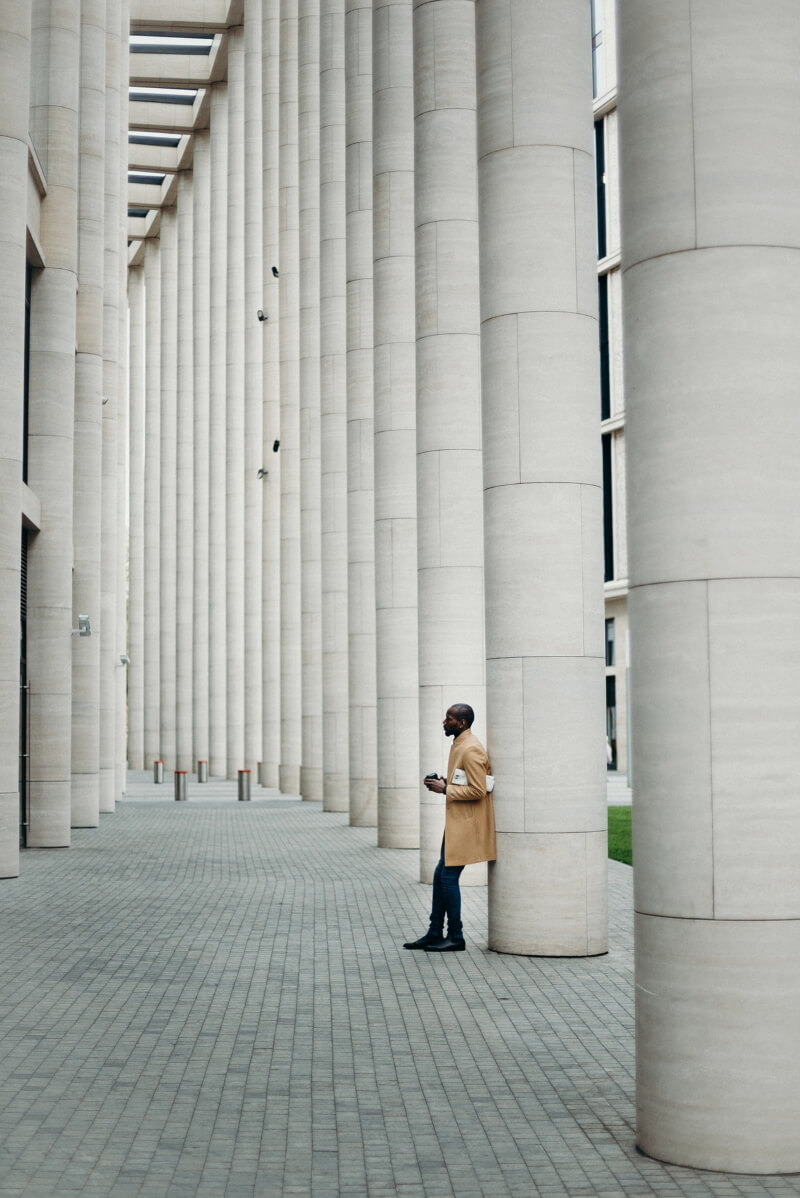
Photo by cottonbro from Pexels
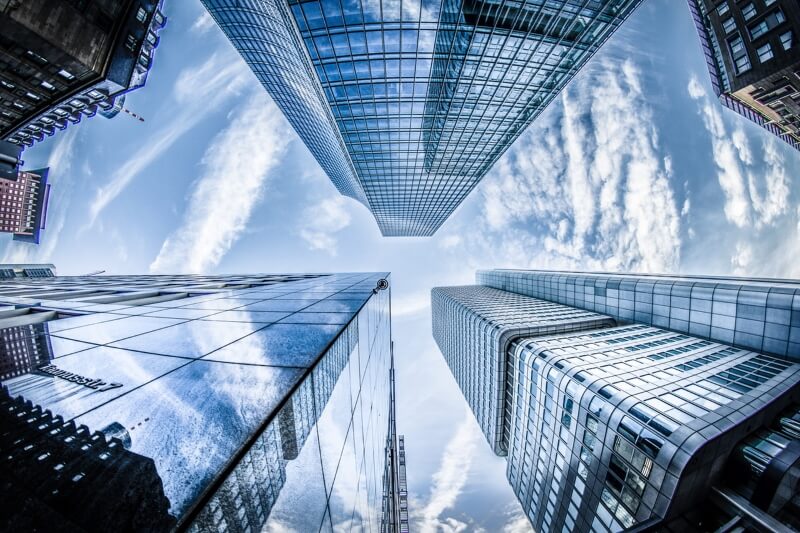
Photo by Philipp Birmes from Pexels

Photo by Ehab Amin
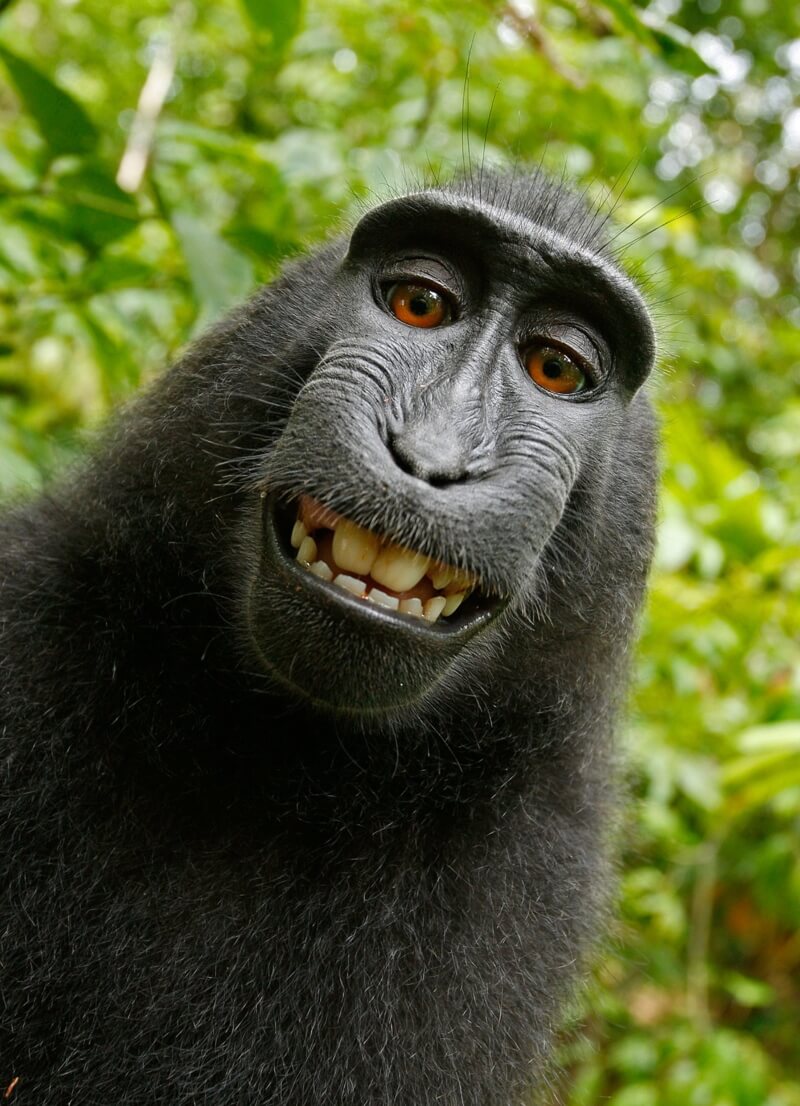
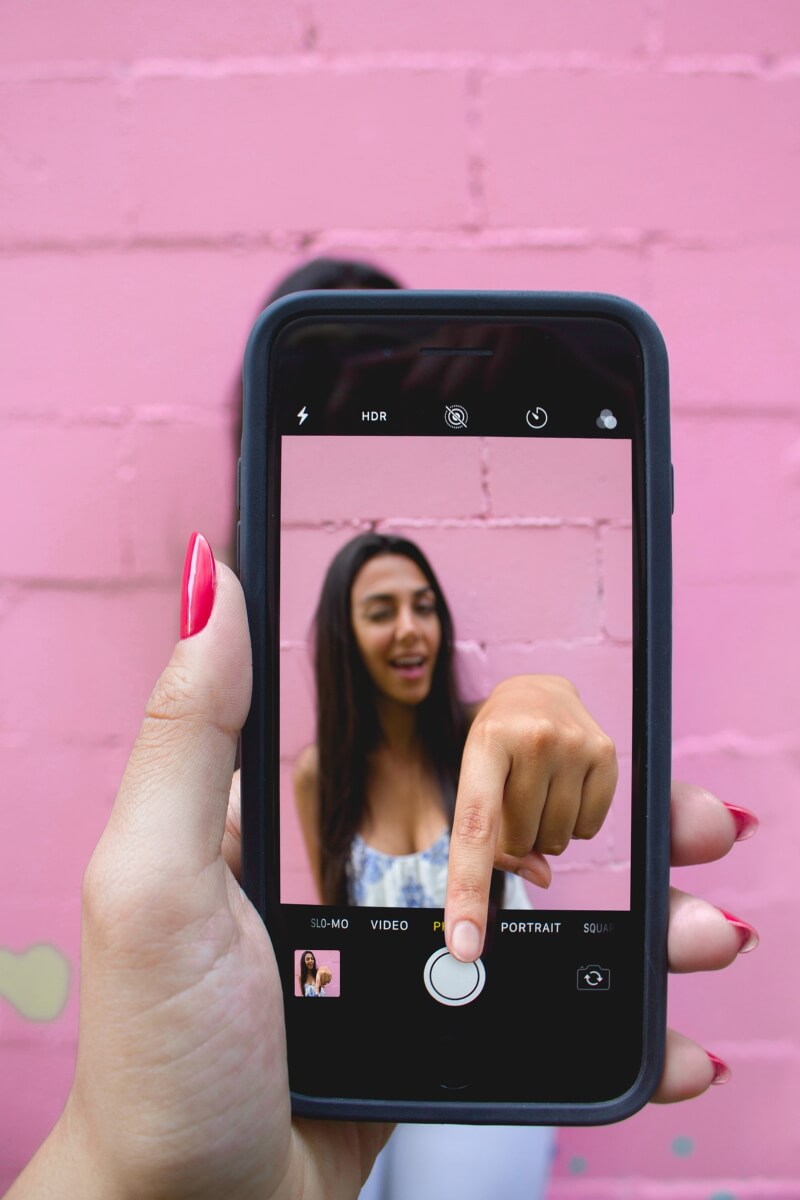
Photo by Designecologist from Pexels
Related Posts
8 Abstract Photography Ideas To Get You In Experimental Mode
Artistic Abstract Photography Tutorial
Thanks for reading, I hope you enjoyed the article if you have any questions just post them below & I will be happy to answer you.
The featured Image by edmondlafoto from Pixabay
If you enjoy the site, don’t forget to subscribe, we will only inform you when a new article is posted.




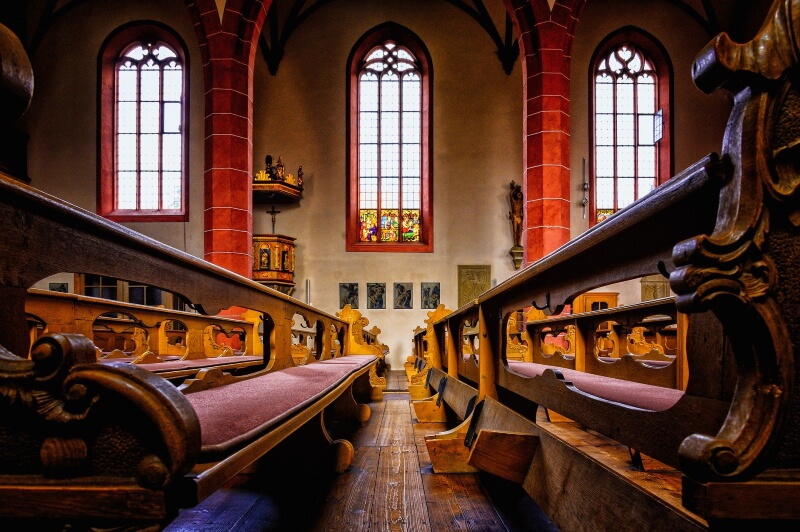


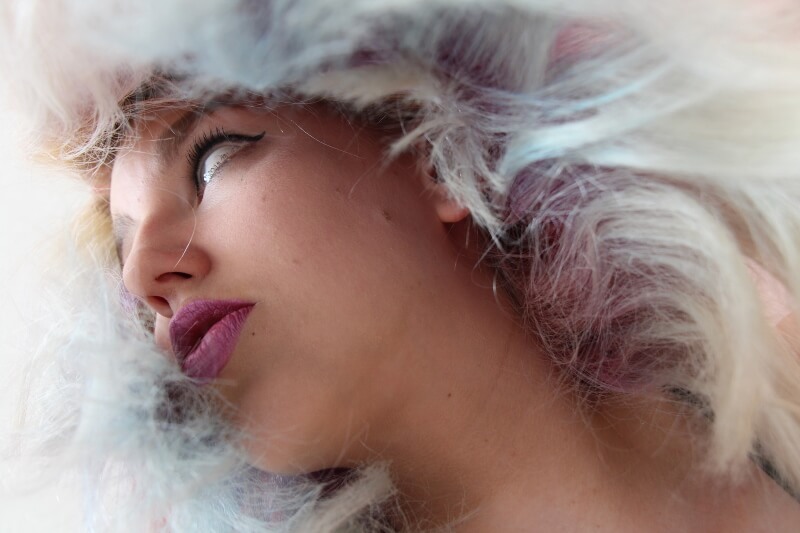
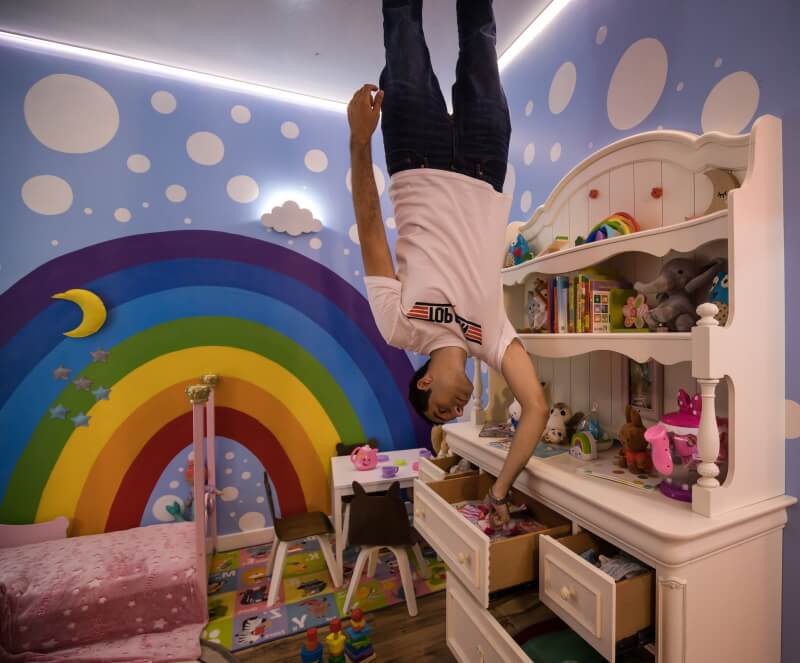

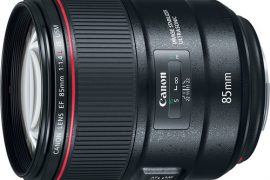

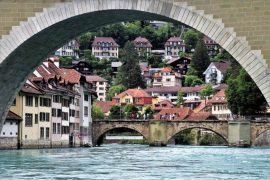

I love this article Amin, very informative with some great tips. I’m always amazed at the creativity and ingenuity that goes into producing many of these forced perspective photos. Clearly you have to have thought through your ideas for such images, although I imagine experimenting with different angles and lighting will be what helps you get better as well as producing some hilarious results along the way. Do you recommend using a tripod when conducting forced perspective photography?
Sometimes you may need to use a tripod for very steep angles and to get a steady camera. Thanks for your comment.
Hi i would like to thank you for your informative article on Forced Perspective Photography Ideas. I have always had a passion for photography and I am always researching on the internet for new techniques I can apply to my photos. This was a wonderful post that has given me some great tips and ideas.
Glad you like the article, thanks!